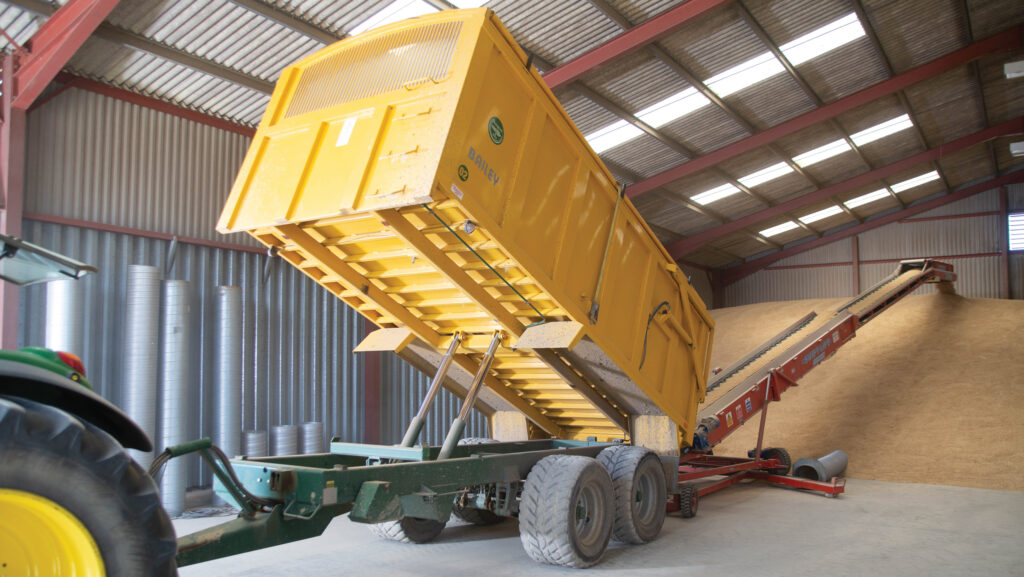UK barley export volumes confined by quality concerns
 © Tim Scrivener
© Tim Scrivener Lower nitrogen levels for the 2024 barley crop and a stronger sterling could lead to less demand from export markets.
Results from the AHDB’s 2024 Cereals Quality Survey found that the overall nitrogen content of GB barley samples fell to 1.45%.
Winter barley samples averaged 1.57% nitrogen content, down from 1.7% last year.
Nitrogen in spring barley samples dropped to 1.44%, putting it at the lowest levels since records began almost 30 years ago.
See also: UK wheat imports highest in over a decade due to small crop
AHDB senior analyst Helen Plant said: “For maltsters, low nitrogen levels present more of a challenge to achieve the malt specification that most brewers need.
“It may also be more difficult to export malting barley due to higher continental nitrogen requirements.
“But industry reports are still positive about the 2024 crop quality, particularly following the 2023 crop.”
Moisture content for GB samples increased to 16.6% overall.
This is likely to lead to higher drying and storage costs on-farm to keep grains in good condition.
Sterling remains relatively strong compared with the euro at the moment, with an exchange rate of £1 to $1.20.
A stronger sterling makes purchasing imported inputs such as fuel and fertiliser more cost effective.
However, it has the opposite effect on export trade, with barley exports appearing relatively uncompetitive on the global market.
Ex-farm feed barley prices collected by Farmers Weekly on 13 November averaged £148.5/t, down by £11/t on the same week last year.
A bumper harvest for barley, due to an increase in spring drilling following the wet winter, has left the UK with a large barley production figure, provisionally estimated at 7.2m tonnes.
However an increased use of barley in animal feed should help to support the domestic market and offset reduced demand from brewers and distillers.
Wheat
Lower quality wheat and a smaller domestic crop could lead to greater volumes of imports.
Gabriel Odiase, cereals and oilseeds analyst at the AHDB, said: “The average protein level for UK Flour Millers Group 1 wheat varieties in 2024 is 12.5%, down from the 2023 average of 12.7%.
“However, as suggested by reports during harvest, other criteria for wheat in 2024 are improved, with higher specific weights and Hagberg falling numbers.”
